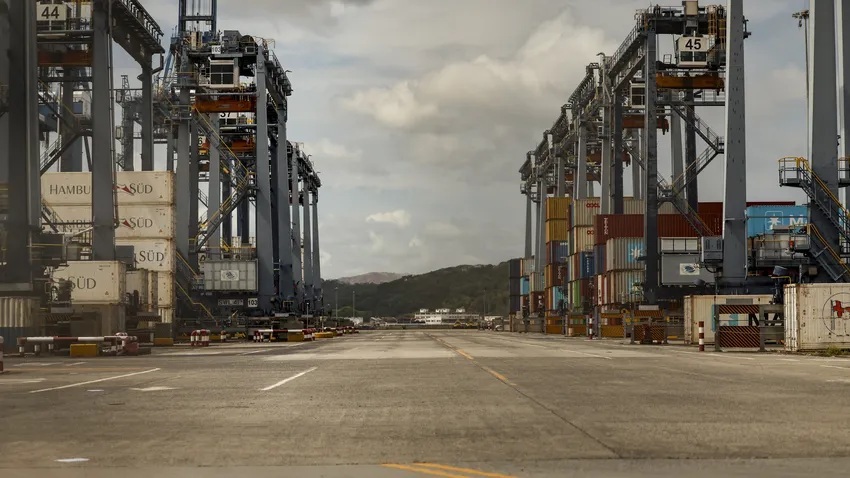MEDIA WATCH: EU not to blame for Italy crisis

By Phillip Inman
On Tuesday this week, the current crisis in Italy sent stock markets into decline around the world.
By Phillip Inman
As Italians wrestle with their constitution and possibly head towards another general election, are they victims of a financial swindle perpetrated by the Germans? To read some of the commentaries, and hear voices from the streets of Rome and Naples, you would think that they were.
The people of Athens accused the Germans and, to a lesser extent, the French, who between them are the main props of the single currency, of being the culprits. It seems many Italians have followed suit.
But can a country be a victim of a financial fraud in the way that, say, an individual is the victim of clever marketing by a bank selling insurance that will never pay out?
The mismatch in information and expertise between an individual and their bank is colossal. It’s why we have regulators, and why regulators are supposed to keep tabs on the banks’ latest money-making wheezes.
A quick look at the financial crisis and its impact on the euro area shows that there were several countries found with their pants down when Lehman Brothers went bust. Ireland, Spain and Portugal were especially hard hit. yet none of these countries blamed the euro for their ills.
Irish Binging
The Irish realized that they had binged on euros – borrowed at rates previously only available to bigger AAA-rated countries – to generate a property boom of extraordinary proportions, pay public sector workers as if they were commercial marketing executives and generally live high on the hog.
The mafia, mass early retirement, tax evasion and a low birthrate. These are problems created in Italy
When the government of the day pushed through some of the most eye-watering austerity measures anywhere in Europe, the lack of equality in its impact was decided in Dublin, not Brussels.
The Spanish also spent oodles of cheap euros on a property boom and a ludicrous obsession with infrastructure that meant it either built or planned 30-plus international airports, most of which were scrapped or mothballed.
How could Madrid blame others for this frenzied attempt to escape its relatively recent agrarian past and enter the 21st century in supersonic style? These were homegrown decisions.
Sensible policies
Likewise Portugal, which elected a left-of-center government that got on with the job of enacting sensible economic policies to escape austerity, improve employment prospects and stay within its meager budget.
Italians, on the other hand, cannot get their own house in order. Instead they search around for someone else to blame. A classic example can be seen in Venice, where beautiful ochre and rust red plaster falls off its stunning palazzos at regular intervals into the canals, never to be replaced. Renovation must be done according to ancient practices, and at a huge cost. This rule is imposed by a regional authority that will brook no compromise, not even those put forward by the city council. Subsidies that were once offered have been scrapped, leaving the buildings exposed to the elements.
Then there is the mafia, mass early retirement, huge levels of tax evasion and avoidance, and a low birthrate. These are all problems created in Italy, not Brussels.
Repressive future
Italy is facing regime change. The future will be repressive
That doesn’t mean the reaction of Brussels technocrats is in any way uplifting. They do themselves no favors when they deny any relationship with Rome or any part in its crisis. The euro has suited the Germans, who get a cheap currency relative to the country’s strength and harmed Italian exporters, who have to battle against the headwind of an expensive currency.
And if the European Union is to survive, it must show a recognition that lenders are complicit in any bankruptcy, just as the creditor is. If a bank or government lends money to Italy, it does it knowing the country is on an arc of decline that could accelerate at any moment, given the volatile nature of international financial markets. That means that when problems hit, debt forgiveness must be part of the deal, just as it should have been when Greece found itself unable to borrow.
But the disturbingly hard line taken by some Brussels officials against Italy should not detract from the fact that Italy is the architect of its Byzantine public sector structures, bizarre tax rules, and sclerotic employment regulations. Not those who designed the euro or the EU.
Phillip Inman is the Observer’s economics editor and economics writer for the Guardian





